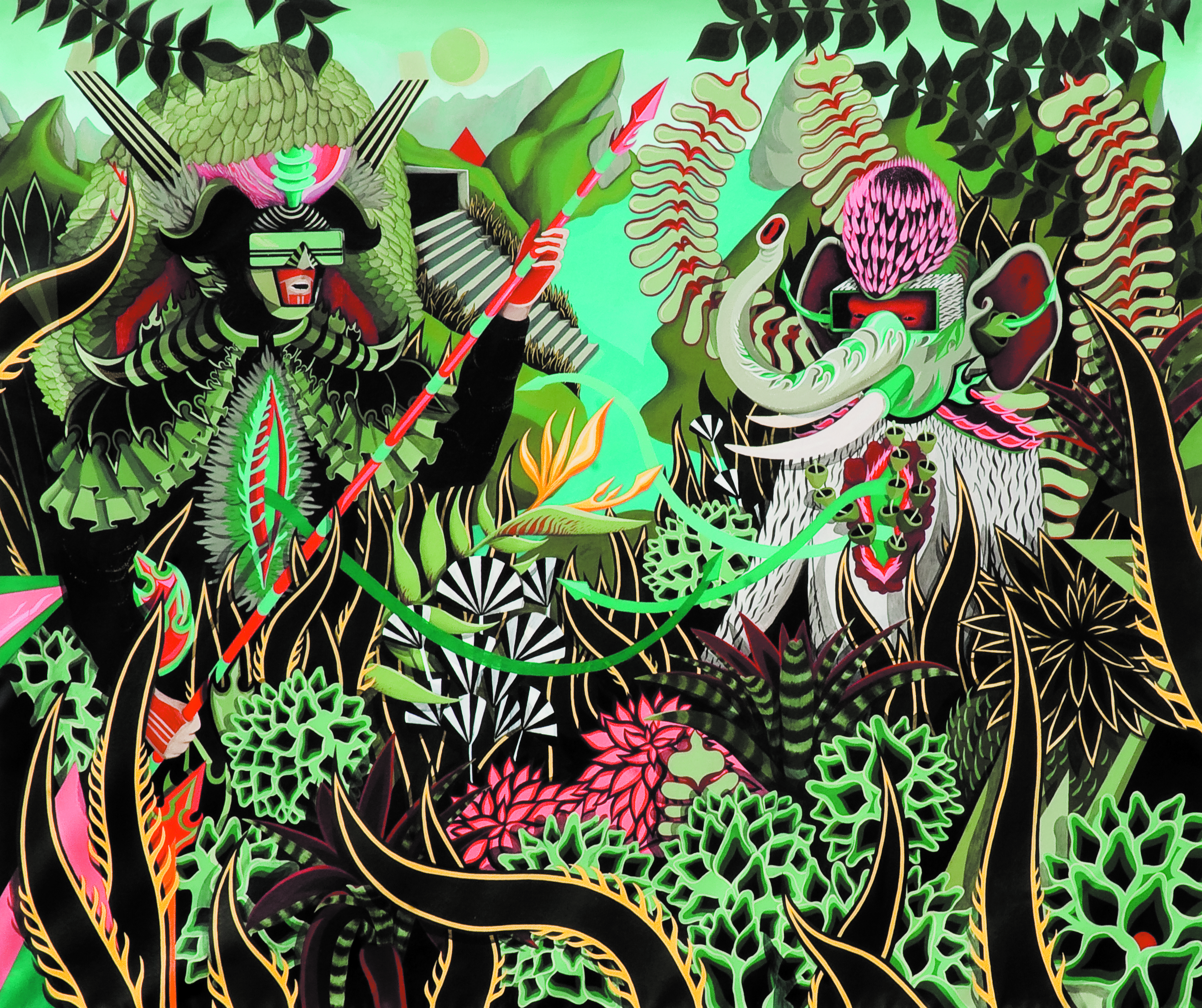Cf. Amitav Ghosh, The Great Derangement: Climate Change and the Unthinkable (Chicago: Chicago University Press, 2016); Dipesh Chakrabarty, The Climate of History in a Planetary Age (Chicago: Chicago University Press, 2021).
Jean-Baptise Lamarck, Hydrogéologie, ou Recherches sur l'influence qu'ont les eaux sur la surface du globe terrestre, sur les causes de l'existence du bassin des mers, de son déplacement et de son transport successif sur les différens points de la surface de ce globe, enfin sur les changemens que les corps vivans exercent sur la nature et l'état de cette surface (Paris. 1802).
R. Hazen, D. Papineau, W. Bleeker, R. T. Downs, J. M. Ferry, T. J. McCoy, D. A. Sverjensky, H. Yang, "Mineral Evolution," American Mineralogist 93, nos. 11–12 (November 2008) : 1693–1720.
Thomas Hobbes, Leviathan, or The Matter, Forme and Power of a Commonwealth Ecclesiasticall and Civil (London: Andrew Crooke, 1651), 62.
Claude Lévi-Strauss, Structural Anthropology, trans. Claire Jacobson, and Brooke Grundfest Schoepf (New York : Doubleday Anchor Books, 1967) ; Claude Lévi-Strauss, The Raw and the Cooked, trans. John Weightman and Doreen Weightman (New York: Harper and Row, 1969).
Philippe Descola, Beyond Nature and Culture, trans. Janet Lloyd (Chicago : University of Chicago Press, 2013).
Alfred Gell, Art and Agency: An Anthropological Theory (Oxford : Oxford University Press, 1998).
Aldo Leopold, “Thinking Like a Mountain,” in A Sand County Almanac and Sketches Here and There (Oxford: Oxford University Press, 1949).
